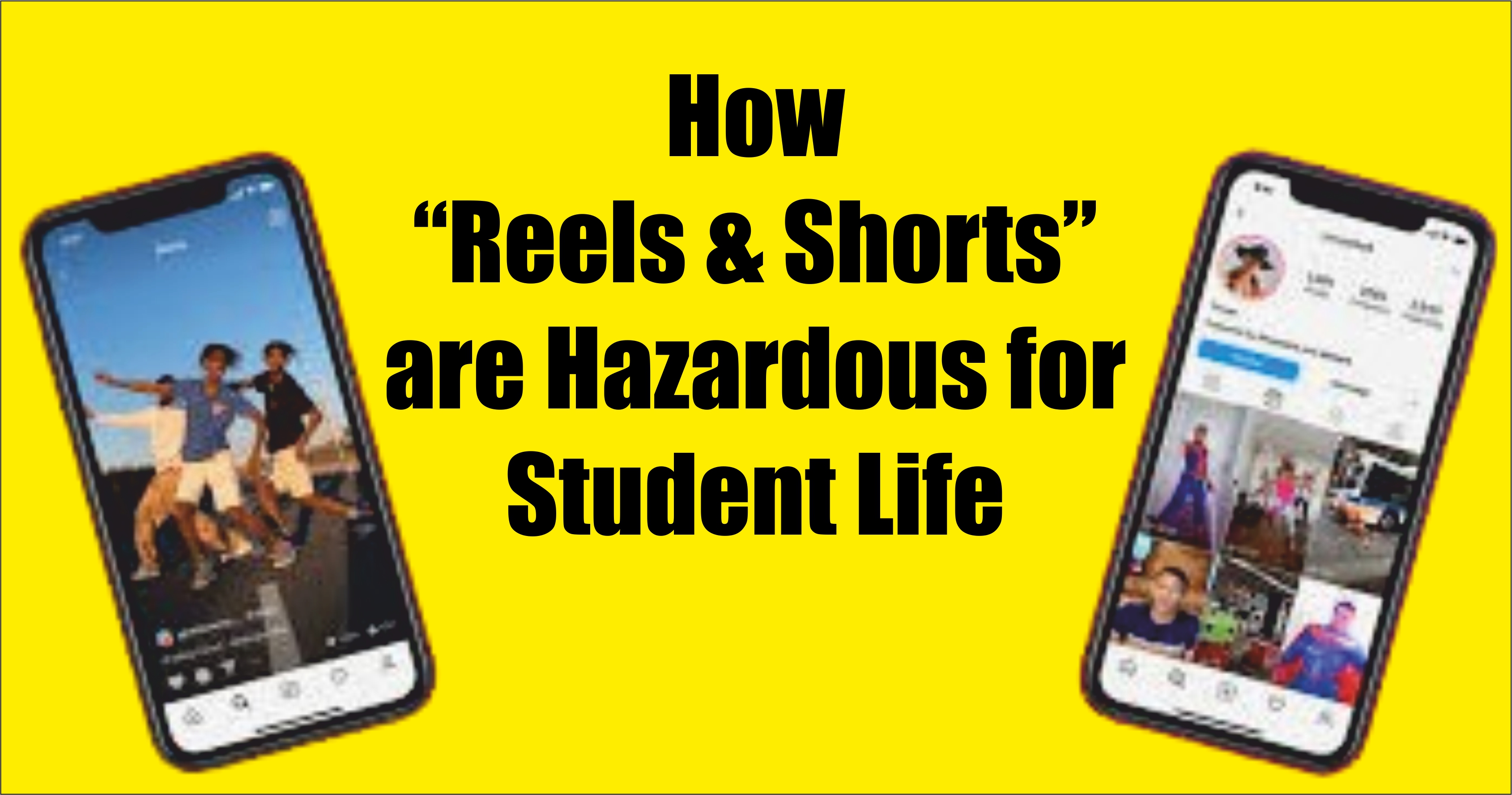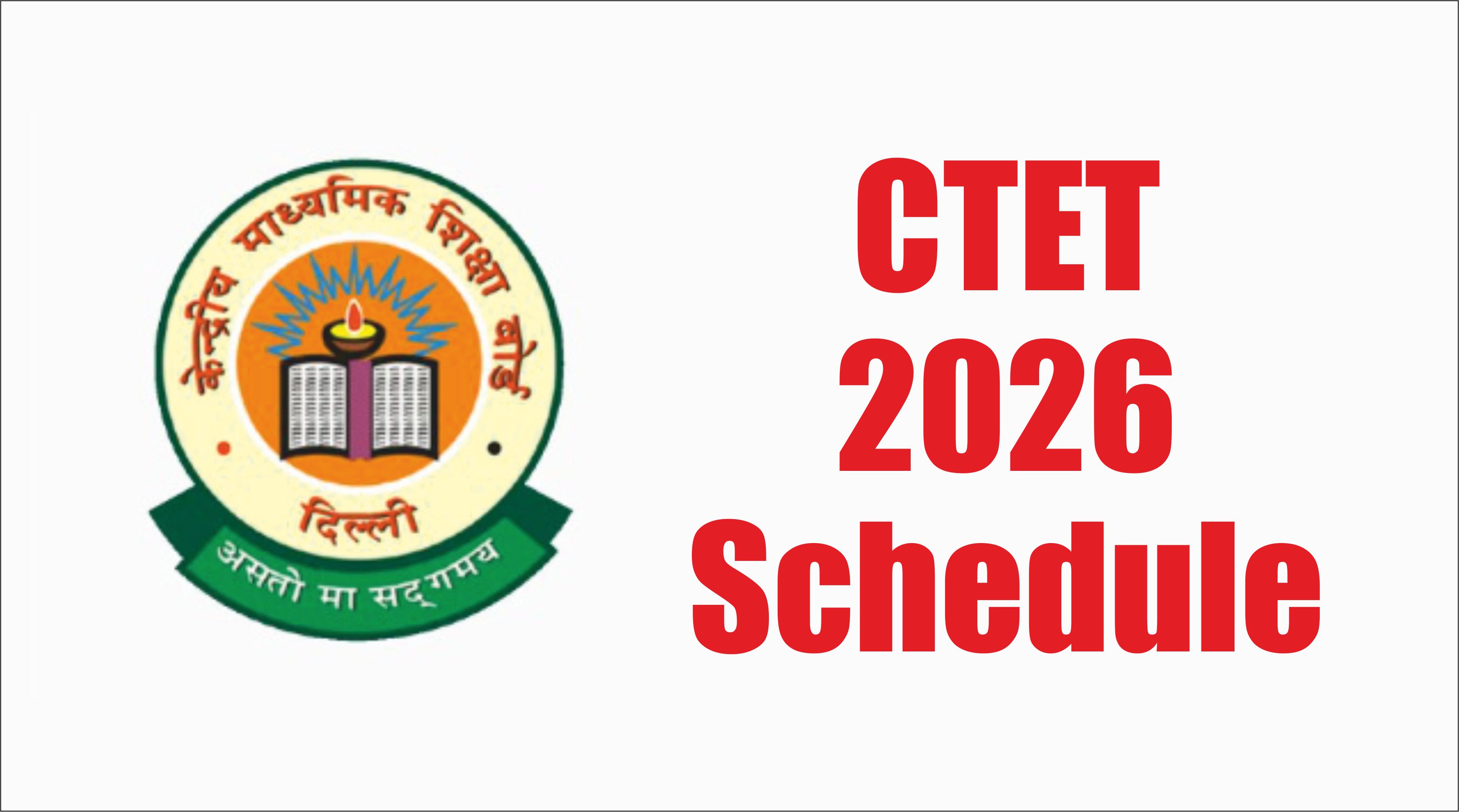How “Reels & Shorts” are Hazardous for Student Life

Short video apps have become a natural part of students' lives in the modern digital era. Although these platforms were designed to encourage creativity and entertainment, their overuse by students is slowly turning into a huge issue. Hours of endless scrolling have taken the place of moments of limited entertainment, which negatively affects concentration, productivity and even one's mental state.
Loss of attention span and concentration is one of the greatest dangers of viewing reels. The brain is conditioned to anticipate speedy rewards and speedy gratification through these short videos, which take barely 15 to 30 seconds. This prevents students from being able to focus on lengthy homework, read books, or study for exams. Constant shifting between films dulls their capacity to focus, rendering extended periods of study virtually hopeless.
Addiction is also a major problem. By showing personalized content based on the user's interests, the intrinsic algorithms of these applications try to engage users. A harmless error soon turns into a compulsive behavior. When students continuously watch videos after videos for hours, they forget the time. This habit makes them weary and less productive the following day, which also disrupts their study schedule and sleep cycle.
Reels influence individuals psychologically as well. Most children start comparing their own lives with the glittering and most of the times unattainable stuff they see on the Internet. The comparison might generate anxiety, lower the self-esteem, and create a sense of insufficiency. If students are regularly presented with "perfect" lives, beauty guidelines, or stories of achievement, they feel insufficient. This psychological hurt can badly influence the confidence and drive of a student, which most parents and trainers neglect.
Also, reels have the potential to expose learners to profane or deceptive material. Learners can be exposed to deceptive information, harmful trends or even damaging challenges since most of the videos are designed for popularity rather than reality. If young minds are not guided accordingly, they can copy such behaviors without being aware of the repercussions.
Its effect is seen in the educational field. Slowed-down academic performance is a typical issue for reel addiction. They quit reading, engage in unfinished work and do not read enough for exams. They get it hard to maintain a strict routine because of the distraction of constant notifications and the urge to see social media. This can eventually lead to bad grades and a drop in academic interest.
Parents and teachers must play an active role in resolving this emerging issue. Balance can be obtained by encouraging healthy activities like reading, sports or creative pursuits, limiting screen use, and digital discipline. Schools also have to organize awareness sessions for the students about the ill effects of overuse of screens on their mental health and educate them how to responsibly utilize social media.
In conclusion, overindulgence in reel-watching can be very detrimental for teenagers, though it may be fun and informative when utilized appropriately. The key is restraint and being careful. Pupils should understand that self-discipline, diligence and concentration are the passport to genuine success and not the short-term enjoyment of continuous scrolling. Education and awareness in unison can give us a more disciplined and brighter tomorrow for the kids of this generation, as educationkhoj.com constantly brings to light.



